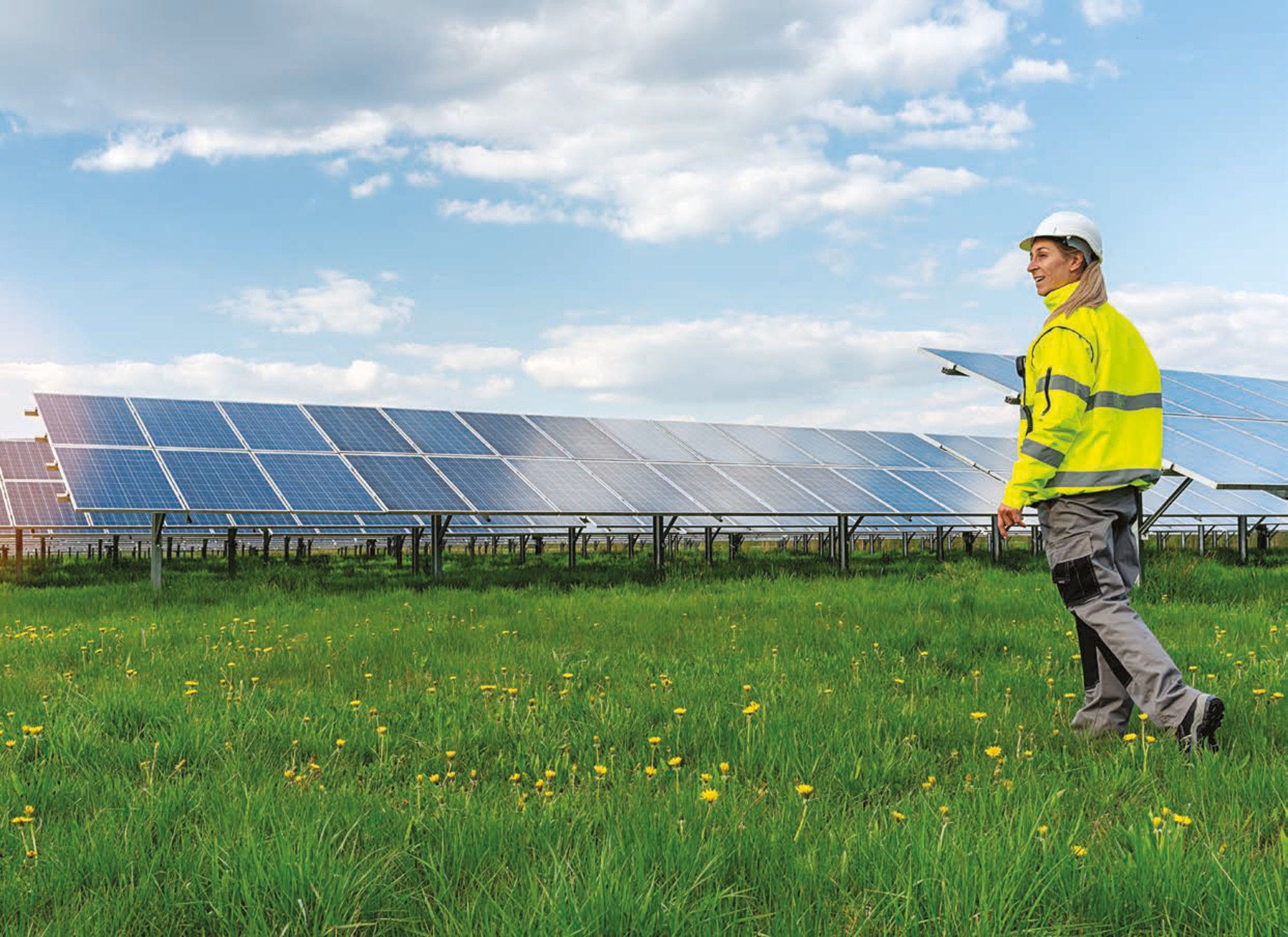See more data for the United Kingdom on the related dashboard.
Economic Policy Reforms 2023
Going for Growth

United Kingdom
Product and labour markets functioning
Performance gaps
While the United Kingdom has competition friendly product market regulations that should support investment, uncertainties following the 2016 Brexit referendum and, more recently, the pandemic, weighed on aggregate private investment
Recommendations
Ensure long-term policy transparency and continuity of government programmes to reduce uncertainties for businesses.
Digital transition
Performance gaps
Increasing digitalisation and transitioning to net zero will require intensifying adoption of new technologies. This implies an ever-growing need for workers to update their skills, but participation in continuing education and training is low. Adding to existing skill-shortages, quickly rising demand for skills requires re- and upskilling the existing workforce.
Uncertainty regarding future policy stringency for achieving net zero by 2050 holds back necessary private investment.
Recommendations
Use statistical tools to target training to low skilled workers affected by digitalisation and the green transition to strengthen their skills to transition to new jobs.
Ensure that training opportunities for adults are of high quality, respond to identified skills needs and help to develop digital skills of low-skilled workers.
Build on the Net Zero Strategy, with further concrete deadlines, policies and priorities in line with legal targets.
Inclusiveness, social protection, and ageing
Performance gaps
Women are highly educated, but a third of women work part-time, roughly three times more than men. Mothers are likely to reduce working hours following childbirth. Parental leave for fathers is short and combined with low pay replacement rates and a relatively high out-of-pocket price for childcare. Limited incentives are provided to shift leave to fathers, contributing to gender gaps in labour participation and earnings.
In the longer term, fiscal space will be under pressure as age-related spending is rising. The current pension uprating (triple lock) will be costly in the future.
Recommendations
Increase funding to reduce the cost of good-quality childcare, in particular for under two-year-olds, giving priority to low-income households, as announced in the 2023 Spring Budget.
Increase the cap on paternity pay and relate it to father’s income.
Replace the state pensions triple lock by indexing pensions to an average of CPI and wage inflation and provide direct transfers to poor pensioners to mitigate poverty risks.
Climate transition
Performance gaps
The United Kingdom has successfully reduced greenhouse gas emissions in the past, and a broad political consensus supports the target to reduce net emissions to zero by 2050. Emission reductions so far were largely driven by electricity generation, a sector targeted by the emission trading scheme (ETS), a carbon price floor and a cost-efficient renewables auction-design subsidy scheme. A landfill tax and the ETS also drove down emissions in other sectors.
Carbon pricing and regulation will in the absence of flanking policies hit low-income households, those in rural areas and those with high heating needs disproportionally.
Recommendations
Commit to gradually expand the UK ETS to all emitting sectors and tighten the emissions cap in line with targets.
Target households’ energy use with specific regulations to phase in higher energy efficiency, clean heating and zero-emission vehicles.
Allocate a portion of carbon pricing revenues to schemes compensating low-income and fuel-poor households and supporting their green investments.